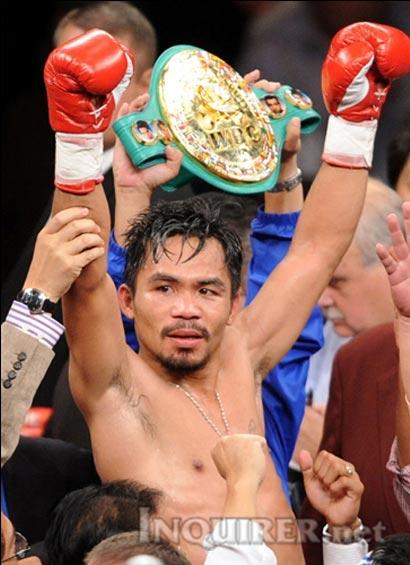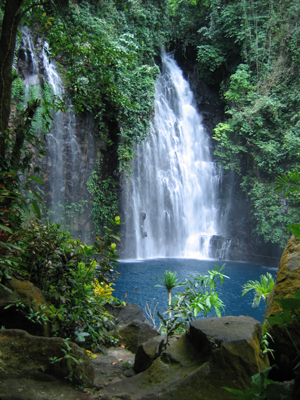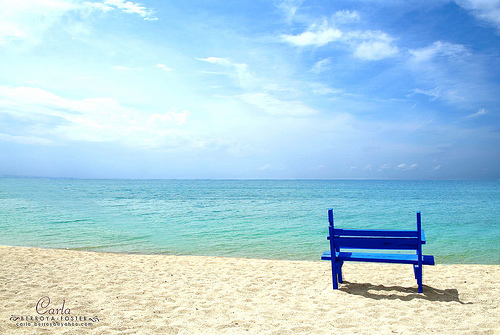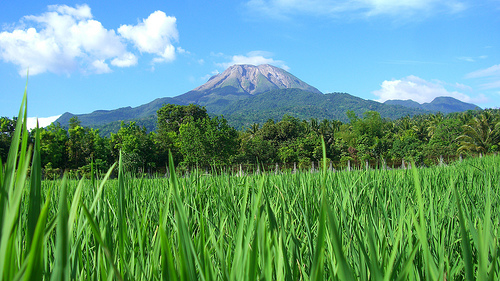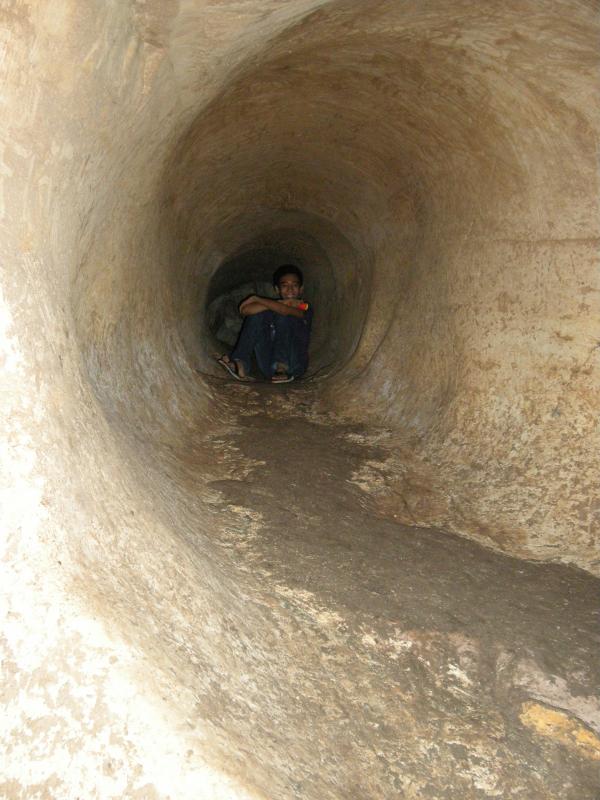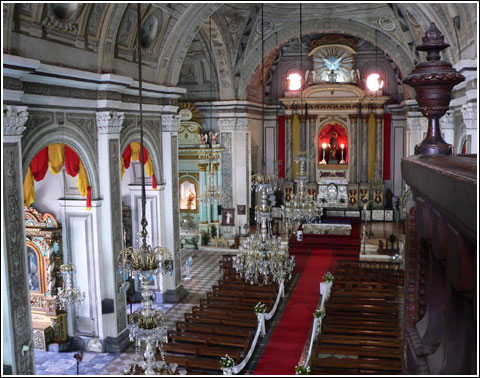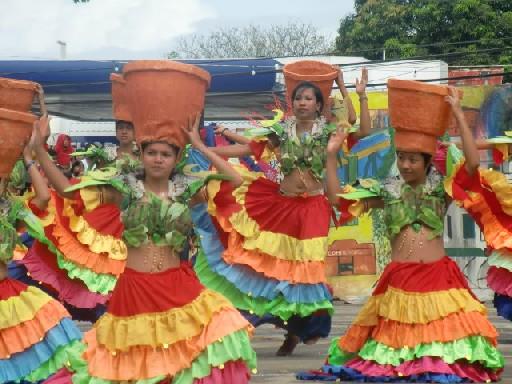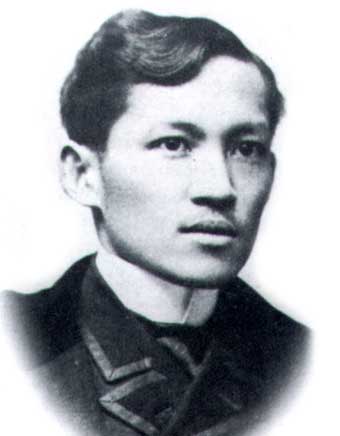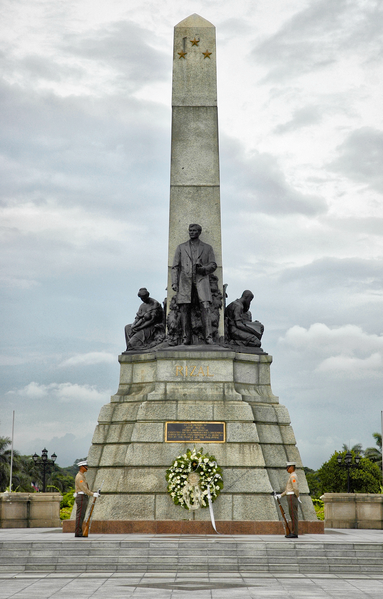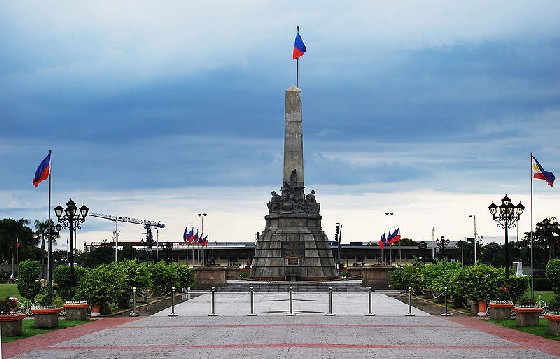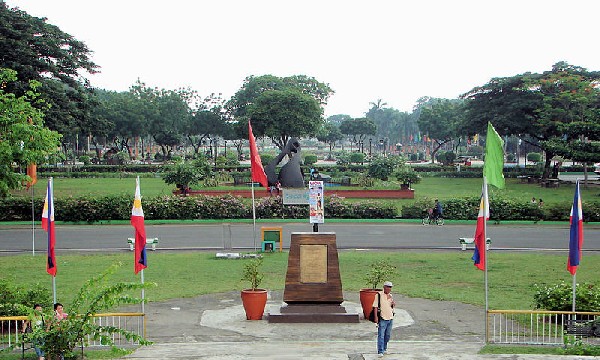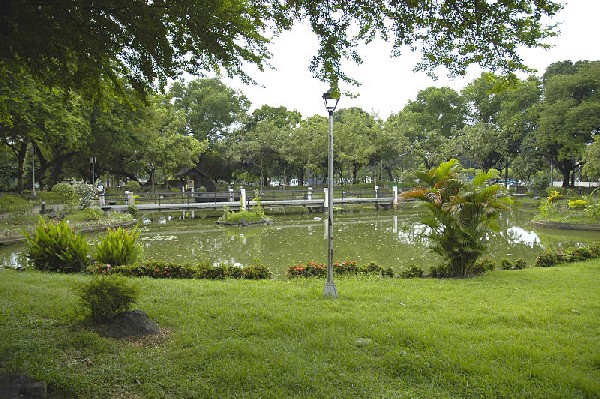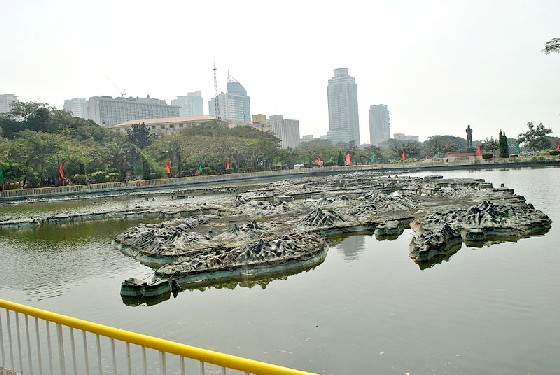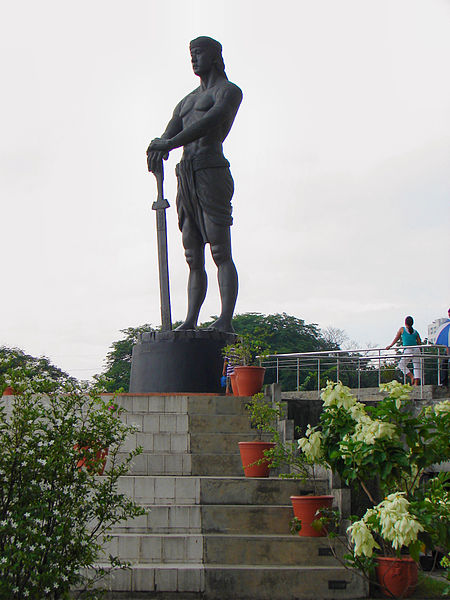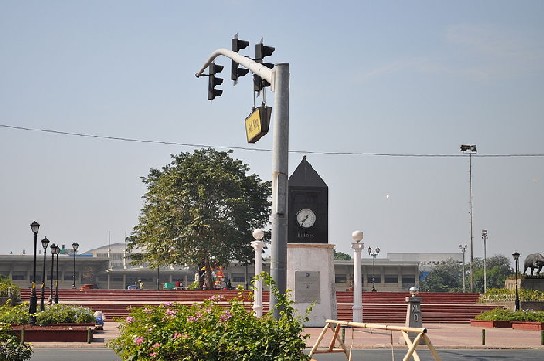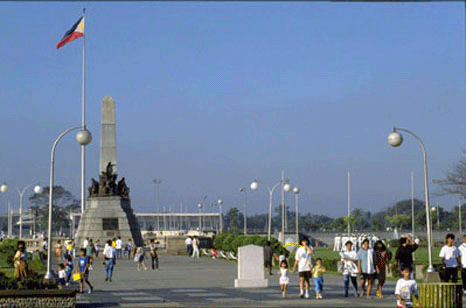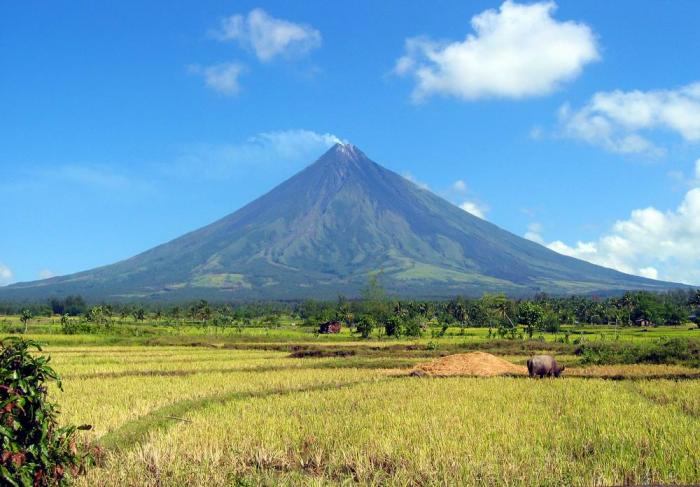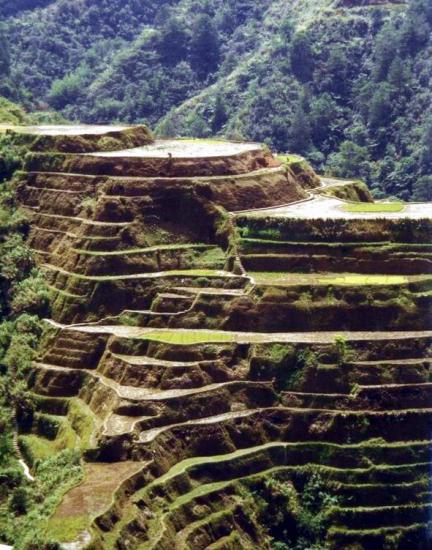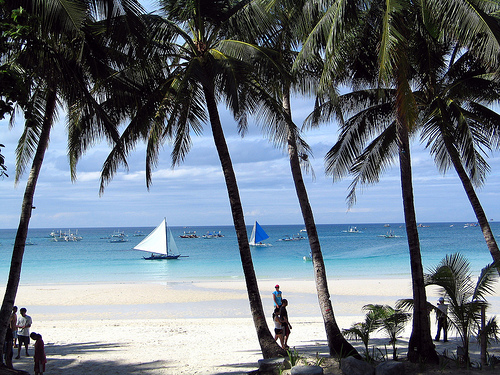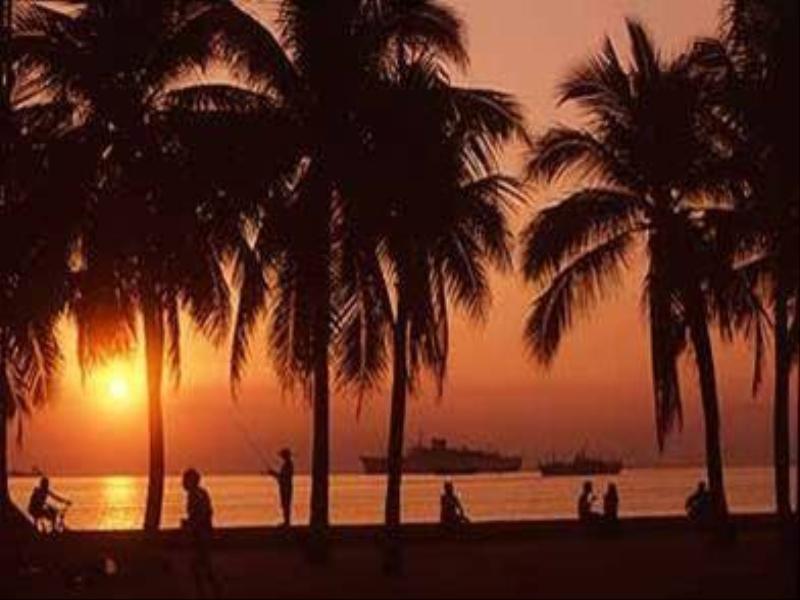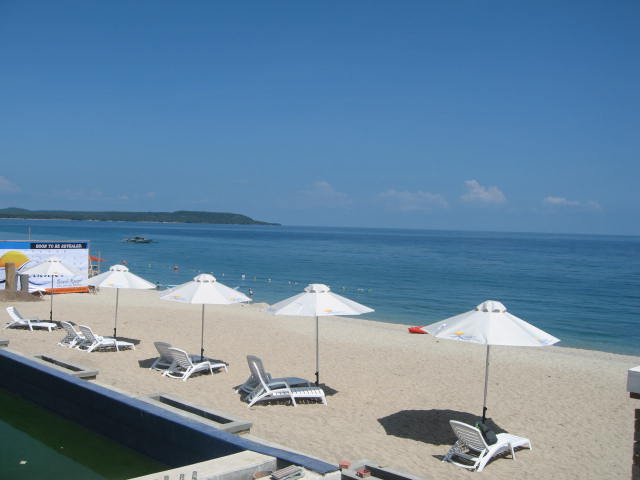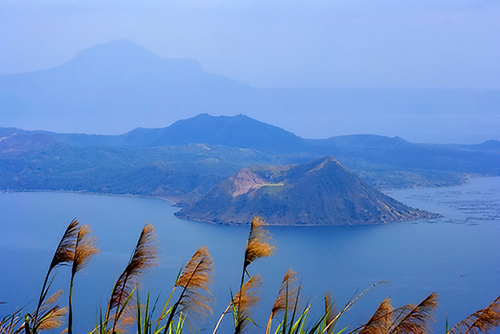Posts Tagged ‘Luneta Park’
Planning a trip? Those who love to travel know the essence of all travel is about you and your enjoyment. Travelers know that the destination is a major part in planning a trip, experiencing and delving deeper into an unfamiliar place, people and culture is paramount.
Expand your horizons and set your sight to the Philippines, an off the beaten path travel site! An undiscovered paradise made of thousands of islands and white sand beaches all around! A tiny dot in the map of the world, and yet a haven for travelers, backpackers, retirees and even passersby.
It offers awesome tourist attractions, magnificent beaches, hot spring resorts, colorful festivals, hundreds of scenic spots and world-class hotels and facilities. Not to mention the tropical climate, the affordable prices as well as the friendly and hospitable, English-speaking people! You will be glad you came, and we’re sure, you WILL come back for more FUN in the Philippines!
RIZAL PARK / LUNETA
Rizal Park, also known as Luneta Park, is a historical urban park located at the northern terminus of Roxas Boulevard in the heart of the city of Manila, Philippines.
Located along Manila Bay, Luneta has been the site of some of the most significant moments in Philippine history. Among them is the execution of José Rizal on December 30, 1896, sparking the fire of the Philippine Revolution against the Spanish colonizers, elevating the martyr as the national hero of the country. The park was officially renamed Rizal Park in his honor and his monument serves as the symbolic focal point of the park. The Declaration of Philippine Independence from American rule was held here on July 4, 1946 as well as the political rallies of Ferdinand Marcos and Corazon Aquino in 1986 that led to the EDSA Revolution deposing the dictator. – wikipedia.org
Rizal Park’s history began in the early 1800s during the Spanish rule. The area was shaped like a small moon (lunette) and thus was named Luneta. The Park was also called Bagumbayan in Spanish colonial era, and later known as Luneta.
Jose Rizal, the Philippine national hero.
Today it is called the Rizal Park, in honor of Dr. Jose Rizal, the Philippine National Hero.
At the center of it all is the 1913 bronze Rizal’s monument situated a few meters away from the marker indicating the actual execution site.
Rizal Park is considered as the premier park of the country. It is located in Manila and consists of approximately 48 hectares of land.
Rizal Park is like an oasis for relaxation and fun in the midst of Manila. It has gardens, historical markers, plazas, a grand stadium, an observatory, an open-air concert hall, an artists’ sanctuary, a light-and-sound theatre, restaurants, food kiosks and playgrounds, and dozens of fountains.
Rizal Park is in the heart of Manila’s thriving financial, commercial, industrial and institutional centers, overlooking the famous and picturesque Manila Bay.
An honor guard is on duty 24 hours a day. Behind the monument, the original Spanish version of the poem “Mi Ultimo Adios” is engraved, along with translations in other languages. Rizal wrote this poem while imprisoned in his cell in Fort Santiago from November 3, 1896 to December 29, 1896.
Many national dedication days are held in front of the Rizal monument.
It is also where foreign leaders attend wreath-laying ceremonies during state visits.
It is also where Manuel Roxas, first President of the Republic, was sworn in on July 4, 1946.From the Rizal monument, one can see the Quirino Grandstand, the Manila Bay , Manila Hotel, Army Navy Club, the Gallery of National Heroes, and San Lorenzo Ruiz Plaza , in honor of Lorenzo Ruiz who is considered by the Catholic Church as the first Filipino saint.
A tour of Manila is not complete without a visit to Rizal Park.
On the northern side of the park is the Lights and Sounds of Rizal – an audio-visual and three-dimensional diorama of Rizal’s execution, consisting of life-size sculptures by Eduardo Castrillo.
The Martyrdom of Dr. Jose Rizal, a Light and Sound Sculptural Tableau is a “living” memorial honoring the Philippine’s national hero, Dr. Jose Rizal.
The tableau is an open-air theater presentation, featuring a 30-minute dramatization of the most poignant moments of Rizal’s final hours, through 8 monumental sculptural clusters in an interplay of light and sound.
Also near are the Light and Sound Complex, which consists of Rizal’s mural; the Gomburza marker, in honor of three Filipino priests who were executed by Spanish authorities for rebellion; and the Rizal fountain.
Just a short walk from Rizal fountain are the Artists’ Haven, an environmental art gallery; National Historical Institute, the repository of the country’s historical artifacts; and the National Library, which includes in its shelves rare books and documents.
From here, one can proceed to the Central Lagoon, Chinese Garden , Open-Air Auditorium, Planetarium, Rizal Park Library, MassCom Library, Chess Plaza , the Flower Clock, Japanese Garden and a 27-foot cascade.
The next stop is the Orchidarium and Butterfly Pavilion, a one-hectare theme park that showcases a rich collection of orchids, bromeliads, mums, poinsettias, roses and other colorful flowers. Originally focused on orchids, the Orchidarium now hosts a variety of blooms, scents and greens. It is said that most of the beautiful orchid hybrids around the world owe their beauty to the genes of Philippine orchids, notably the rare waling-waling from the Philippine rain forest.
Aside from its flora collection, the Orchidarium mesmerizes the visitors with its well-designed mystic lagoon, crystalline waterfalls, a climbing wall, a replica of a man-made rainforest, and a butterfly paradise.
The twin buildings of the Department of Tourism and the Department of Finance (now the National Museum of the Filipino People), which were built in classic Greek architecture, are favorite sites for photo opportunity. It is also recommended that the visitor obtain a brochure from the tourism desk, in order to have a guided tour of the sprawling park.
From here, the visitor can proceed to the National Museum and pass by the Skating Rink, Plaza Olivia Salamanca in honor of the first woman physician in the country, Children’s Playground, Relief Map and Halamanang Pilipino, which contains a selection of local flora.
Japanese Gardens – The gardens were built to promote friendship between Japan and the Philippines. Inside is nice place for pleasant walks around the Japanese style gardens, lagoon and bridge. Plenty of couples frequented the place for dating.
It has a small man-made lake with a relief map of the Philippine archipelago in the middle. The park has recreational value as well as bands, orchestras and other forms of entertainment are provided for free in the open-air auditorium, aptly called “Concert at the Park”. Other famous attractions include Department of Tourism Building, the National Museum of the Philippines and the Manila Planetarium.
National Library of the Philippines is the country’s premier public library. The library has a history of its own and its rich Filipiniana collections are maintained by the librarians to preserve the institution as the nations fountain of local knowledge and source of information for thousands of students and everyday users in their research and studies.
Lapu-Lapu Monument (or the Statue of the Sentinel of Freedom). The monument was a gift from the people of Korea as appreciation and to honor the memory of freedom-loving Filipinos who helped during the Korean War in the early 1950s (as inscribed in the plaque).
Kilometer Zero. The Kilometer Zero marker of the Philippines, located on Roxas Boulevard, in front of Rizal monument, serves as the point from which road distances from Manila are measured.
RELATED LINK: http://philippine-evolution.com/rizal-park-luneta-park/
TABLE OF CONTENTS
